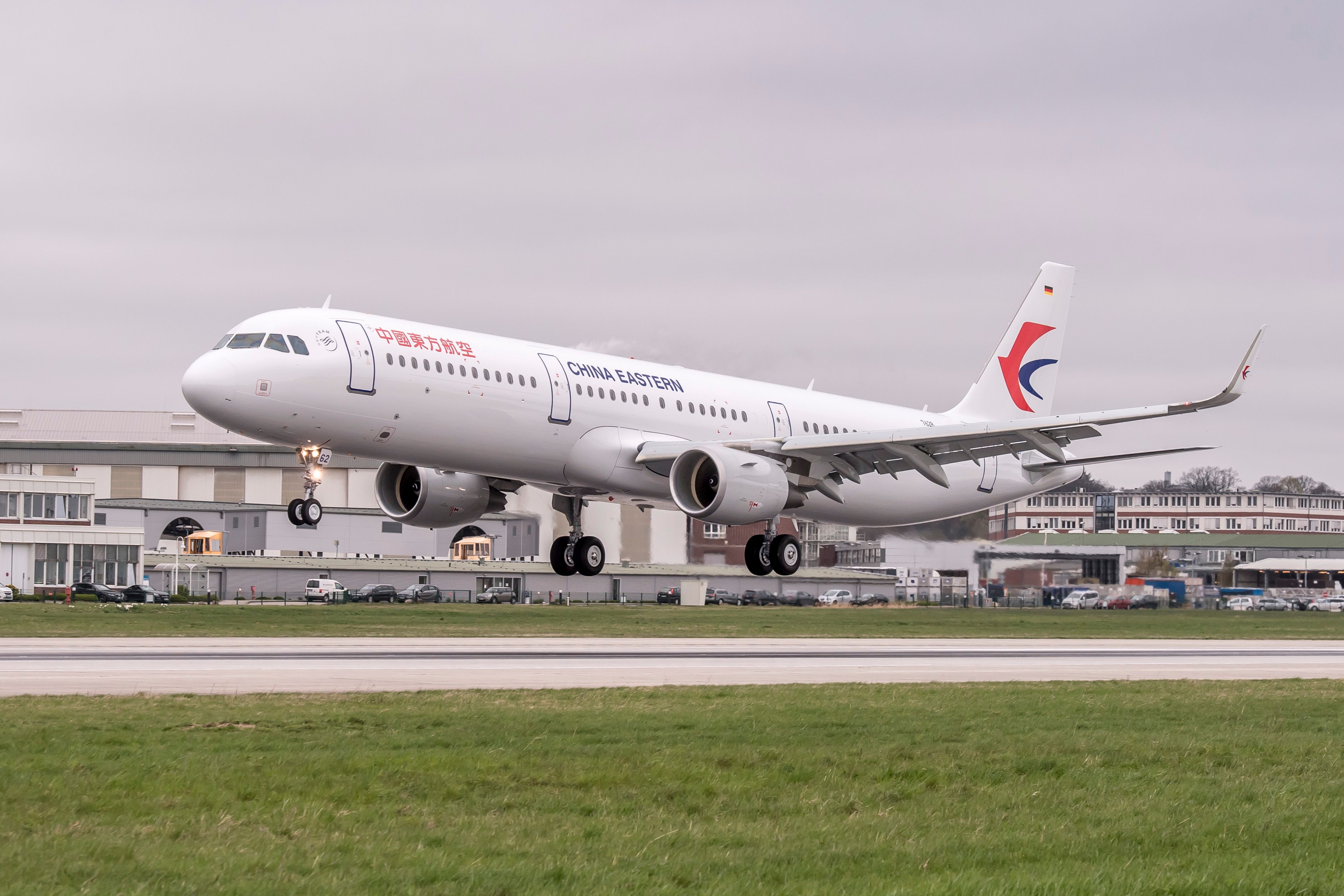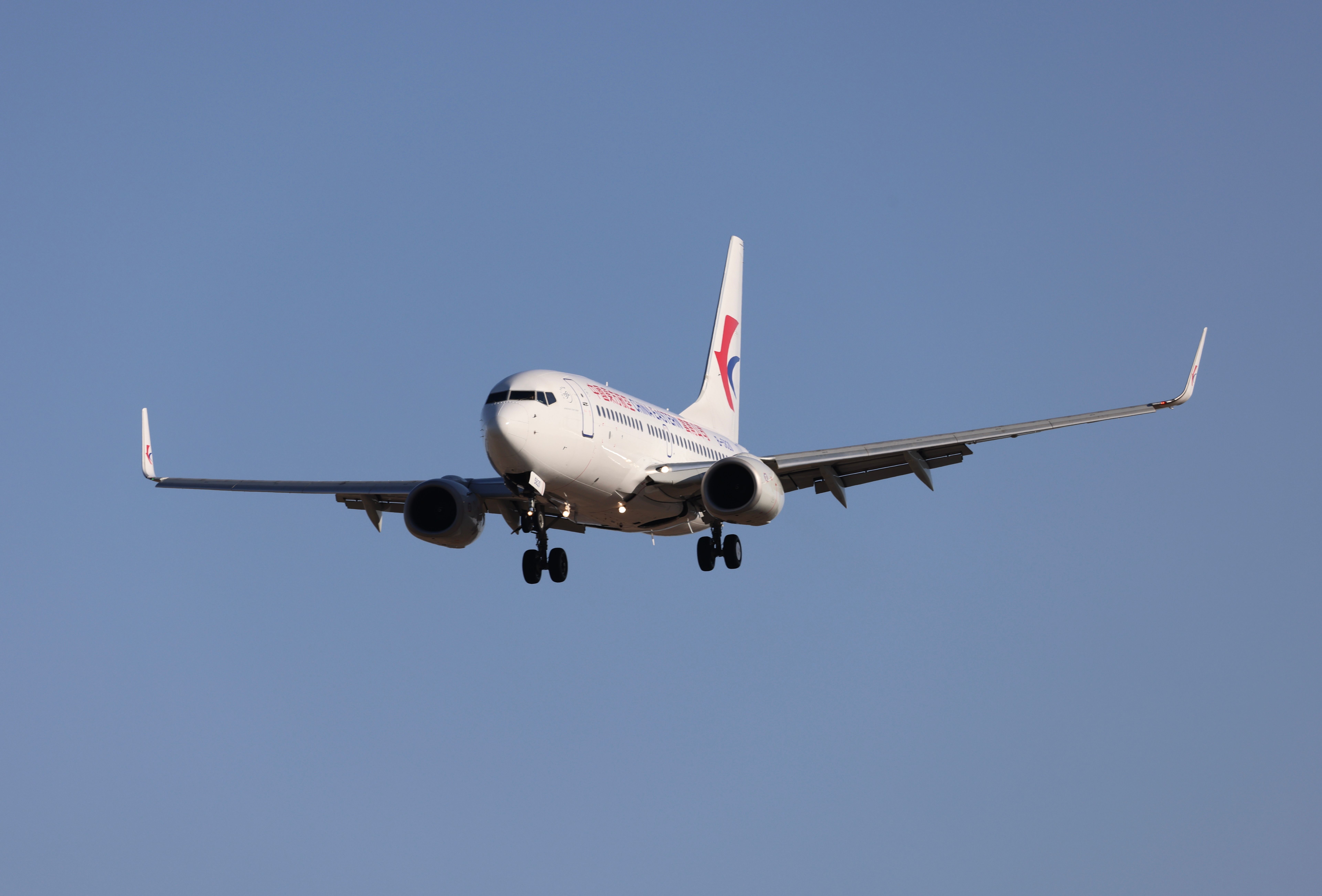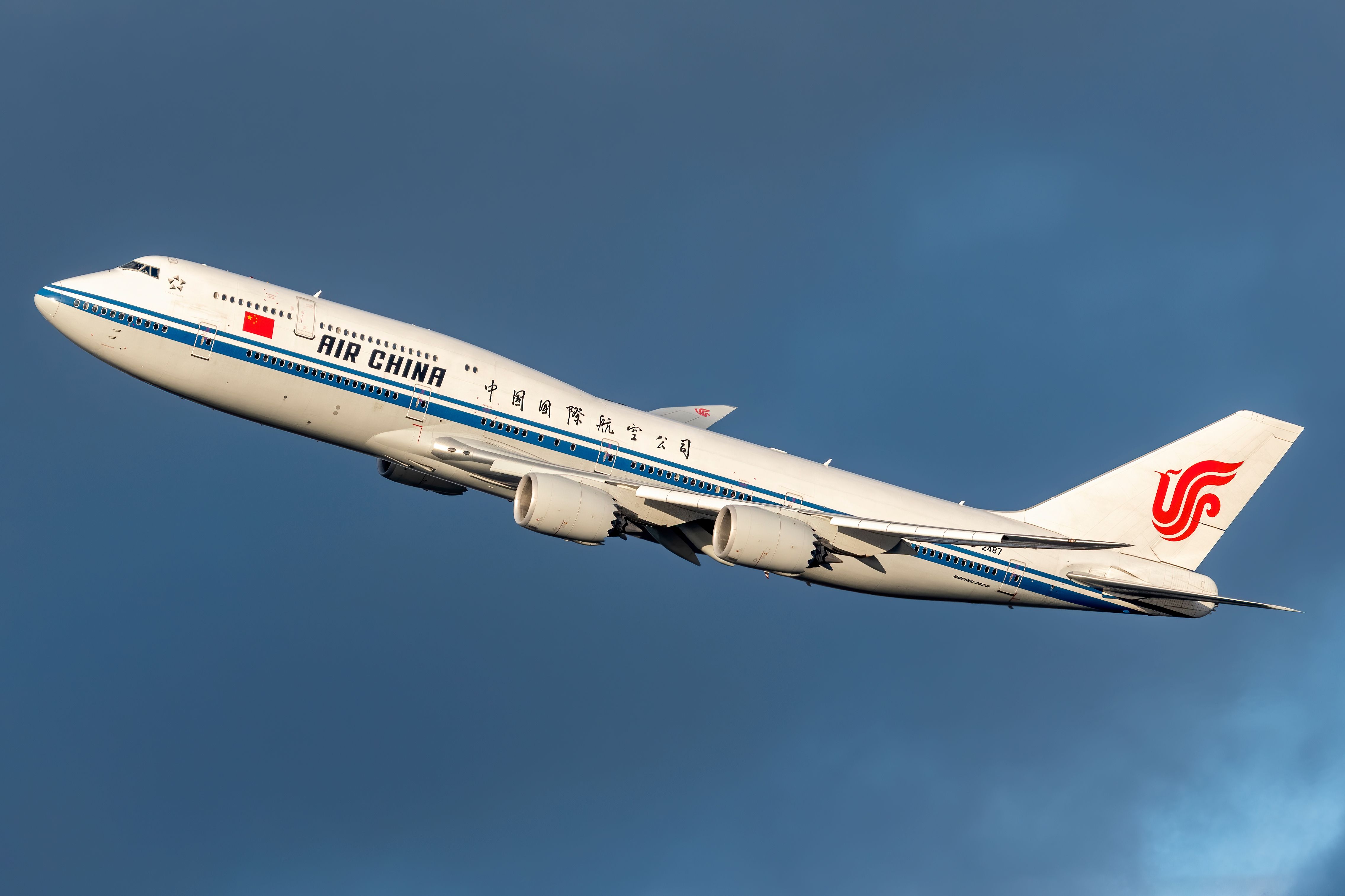Following two accidents within two months, the Civil Aviation Administration of China (CAAC) will be seeking out "whistleblowers" across the industry to highlight potential safety oversights.
Protections for whistleblowers
As reported by Reuters, the document posted on May 19 has seen CAAC urge its frontline employees and management officials to report any findings to airlines, preventing future incidents.
"It is of great necessity that we fully mobilize the vast number of frontline personnel - for them to be willing and dare to be a safety' whistle blower', which would also be crucial in reversing the current unfavorable situation and maintain the stable operations of the industry safety," wrote CAAC in Thursday's statement.
CAAC has assured that whistleblowers will be rewarded and have their identities protected through confidentiality agreements.
China holds one of the highest aviation safety records worldwide, significantly lower than the worldwide average of 0.57 accidents per million commercial departures, with zero reported in 2021.
Improving standards
On March 21, a China Eastern Airlines Boeing 737-800, flight MU5735, crashed into the mountains of Guangxi, killing all 132 onboard. While initial investigations point towards a deliberate crash, the accident was the first fatal accident in the country for over a decade, bringing an end to 100 million flying hours without a major civil aviation accident.
Less than two months later, Tibet Airlines flight 9833 experienced a runway excursion, with the Airbus A319-100 catching on fire, injuring 36 of the 122 passengers onboard.
The two accidents within a short space of time rattled the Chinese aviation industry, with an apparent hark back to China's dismal aviation safety record from the late 1980s to the early 2000s.
Following multiple hijackings and accidents within several decades, China set out to drastically reform its aviation industry, increasing pilot training, offering free safety management courses for its air traffic control personnel, and completely overhauling its aviation regulations with the help of Boeing and the FAA.
Speaking to the South China Morning Post, Chrystal Zhang, an associate professor and specialist in Chinese aviation policies at RMIT University, explained the importance of the country's aviation reform during its period of rapid growth.
"The government had realized that safety should be the priority of the operation of the whole industry," Zhang said.
"That kind of impact on the society, the confidence of people traveling and also the economic development, which was the goal of the government at the time, was negative."
Shortages of trained pilots and air traffic control led the country to tighten regulations on creating new low-cost carriers while it beefed up its safety measures.
Current safety measures
China's state council currently oversees the operation of the country's three major carriers, Air China, China Southern Airlines, and China Eastern Airlines, providing strict enforcement of aviation regulations.
Additionally, CAAC regulates the aviation market and manages flight safety, with the structured and devolved regional administrations able to effectively utilize their powers to ensure safety standards are being met at airlines across the country.
"In the aviation community, people tend to talk about this dilemma that if you focus too much on the profit, you perhaps could overlook the safety requirements. That kind of tension always exists," added Zhang.
China's commitment to aviation safety has seen it develop into one of the most influential civil aviation authorities worldwide, notably being the first country to ground the Boeing 737 MAX the day following the crash of Ethiopian Airlines flight 302, in turn leading to international groundings of the aircraft. Despite the reapproval of the type across the West, China has yet to approve the 737 MAX's return to service.
While the two recent accidents may have shaken up CAAC and the Chinese Government, the recently implemented measures of working alongside aviation crews on the frontline may provide vital feedback to ensure the country's civil aviation sector remains one of the safest.
What are your thoughts on CAAC's new frontline safety measures? Let us know in the comments.
Sources: Reuters, The Wall Street Journal, South China Morning Post



